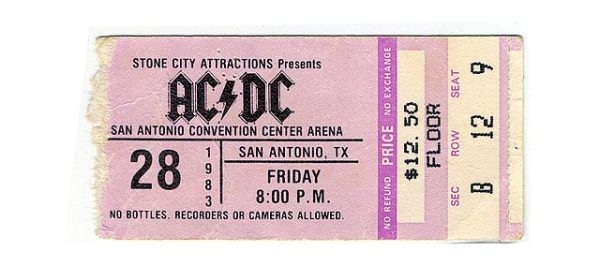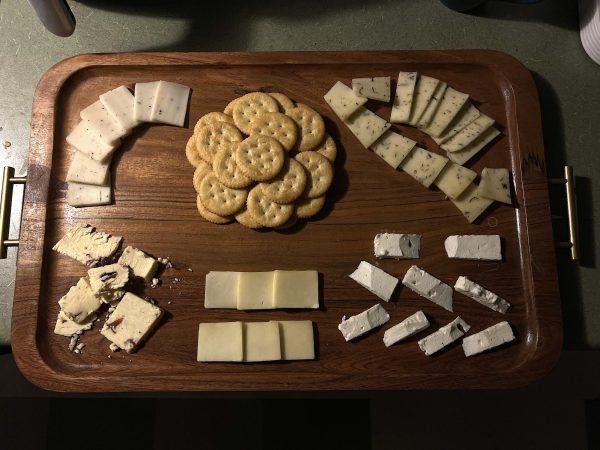Native American culture mimicked by racially insensitive outfitters for young customers
Every year, around Halloween, cultural appropriators come out to play. Dressed as “Indian princesses” or “geisha girls,” these costumed partiers and younger trick-or-treaters don’t often realize that their idea of a fun outfit is offensive.
Cultural appropriation is, essentially, the adoption of certain aspects of one culture by another culture. When appropriation occurs, the nuances of the original culture are diluted. Native American culture is not just feathers and face paint; by wearing a culturally appropriated costume, party-goers are reducing an entire culture to a caricature.
While cultural appropriation is prevalent around Halloween, certain aspects reach past the realm of costumes. Hardly anyone would wear a full geisha costume to class, but so-called Native American prints and fashions have become ubiquitous, especially among college-aged people.
Urban Outfitters, the go-to retailer for many young people, is a major source of “hip” Native American styles. The retailer offers everything from moccasins and feather jewelry to flasks and underwear with Native American-inspired prints. The people purchasing these items might recognize the problem with wearing an “Indian princess” costume, but they might not realize that their everyday fashions can also be offensive.
Until recently, Urban Outfitters sold many of their items under the clothing line name “Navajo.” In response to the line, the Navajo Nation’s government sent a cease-and-desist letter to the retailer for trademark infringement; the nation has at least 10 trademarks on the use of the name Navajo. While Urban Outfitters has since removed the word from their product names, switching out “Navajo” for “printed,” they haven’t fully acknowledged that naming a printed flask after a nation of people is offensive.
Proponents of the current Native American fashion trend will argue that use of the name Navajo is not intended to offend actual Navajo people, that these prints and styles are simply “cool” right now. The claim that the victims of cultural appropriation are being “too sensitive” is tired. When an entire nation of people has a problem with your so-called trends, you’re probably doing something offensive.
To put it frankly, most of the people who have latched onto the Native American trend are Caucasian. White people in America already stole the land and the lives of millions of Native Americans. Though that happened in the past, white people today simply don’t have the right to steal and commercialize Native Americans’ culture.
It’s especially insulting for a white person to wear a Native American costume, but wearing underwear marketed as Navajo is also subtly offensive. One cannot acknowledge the long history of oppression of Native Americans and maintain the position that using the trademarked Navajo name is just part of a fashion trend.
Culturally appropriated costumes are undeniably offensive. Some say it’s all in good fun, but it’s fun at the expense of someone else’s racial identity. The same goes for the Native American trend—no matter how fashionable, no matter how trendy, it’s ignorant to drink from a “Navajo” flask. Native Americans are a group of historically oppressed people who deserve better than to be debased and reduced to a passing fad or a pattern on a pair of “hipster” panties.






